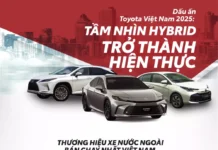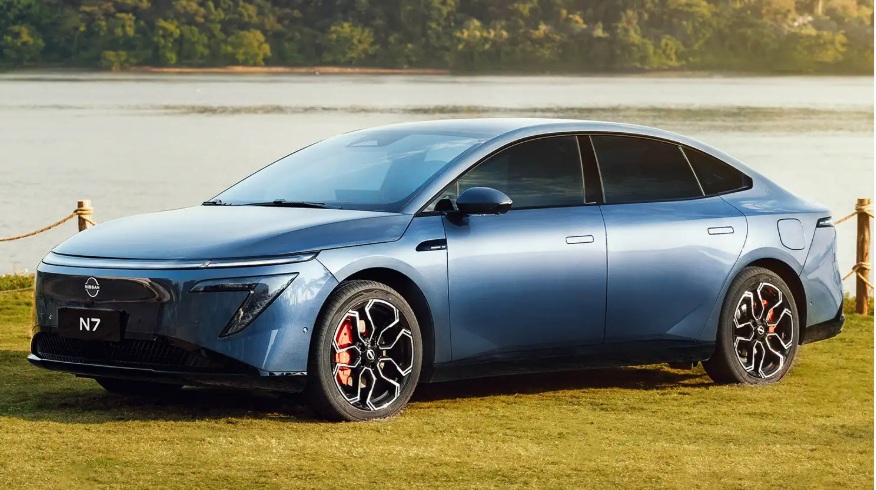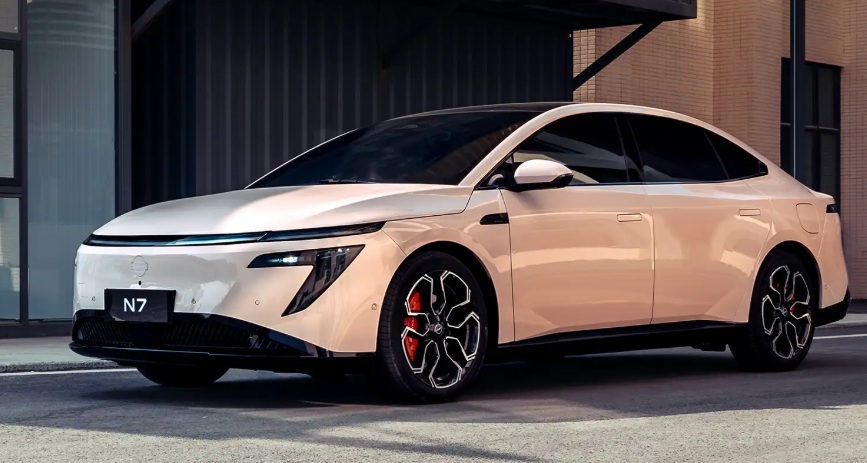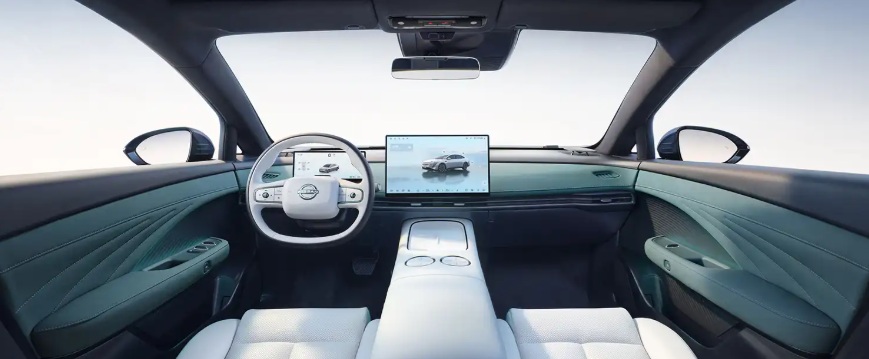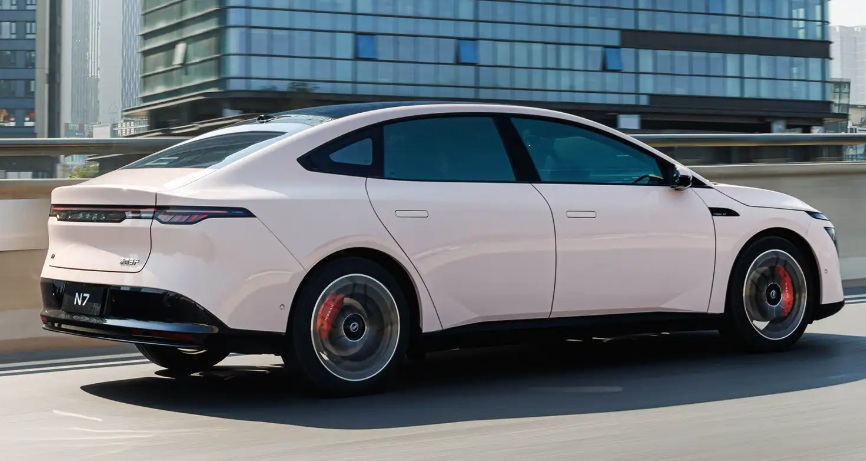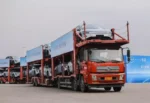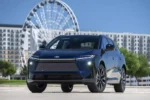As part of its restructuring and recovery strategy, Nissan plans to begin exporting China-made electric vehicles to Southeast Asian and Middle Eastern markets from 2026 onwards.
This move aims to leverage the competitive pricing and performance advantages of “Made in China” electric vehicles.
Nissan N7, a mid-size electric sedan, is one of the first models expected to be exported by the Japanese automaker. Unveiled in China in April 2025, the N7 is a joint development between Nissan and its local partner. It is currently assembled at a factory in Guangzhou, Guangdong province.
With a starting price of 119,900 Chinese yuan (approximately 438 million VND), the N7 has garnered significant interest in the domestic market and is anticipated to attract customers in new markets due to its competitive pricing and rich feature set.
While the N7’s control software currently utilizes AI technology developed by a Chinese company, Nissan may need to adjust this for export as some countries have restrictions on the use of Chinese-origin AI due to data security concerns.
To ensure compliance with international technical and legal requirements, Nissan has invested in IAT Automobile Technology, a leading Chinese electric vehicle technology company that provides software solutions to multiple domestic automakers.
Nissan has also established a new joint venture with Dongfeng Motor, a major Chinese state-owned automaker, to handle export procedures, customs, and logistics. This venture is majority-owned by Nissan’s Chinese subsidiary, giving the company greater control over the export process and facilitating a quicker expansion into strategic markets.
China leads the world in automotive electrification, and vehicles produced there often offer advantages in range, comfort, and technology at competitive prices. Nissan believes these advantages will help them capture the affordable electric vehicle segment in Southeast Asia and the Middle East, regions experiencing strong demand growth.
However, Nissan will face intense competition from Chinese automakers like BYD, which has already established a presence in Southeast Asia. Nissan believes its after-sales service and maintenance network in international markets will set them apart from these emerging rivals.
Nissan’s push to export electric vehicles from China is part of a broader restructuring strategy aimed at reviving its business after a prolonged slump. Previously, in May, the automaker announced plans to cut about 20,000 jobs globally and reduce the number of production facilities from 17 to 10.
Going forward, Nissan intends to expand its electric and hybrid vehicle portfolio in China. Notably, the company plans to launch its first electric pickup truck by the end of this year, marking a significant step in its transition to emission-free products.
The Electric Revolution: Hanoi Embraces the Green Evolution
In just a few days, VinFast’s exciting “Trade Gas for Electric” event will take place at the My Dinh National Stadium in Hanoi. This highly anticipated event offers a unique opportunity for individuals to transition to electric vehicles with an array of incredible promotions and deals. Get ready to upgrade your ride and experience the future of transportation with VinFast!






